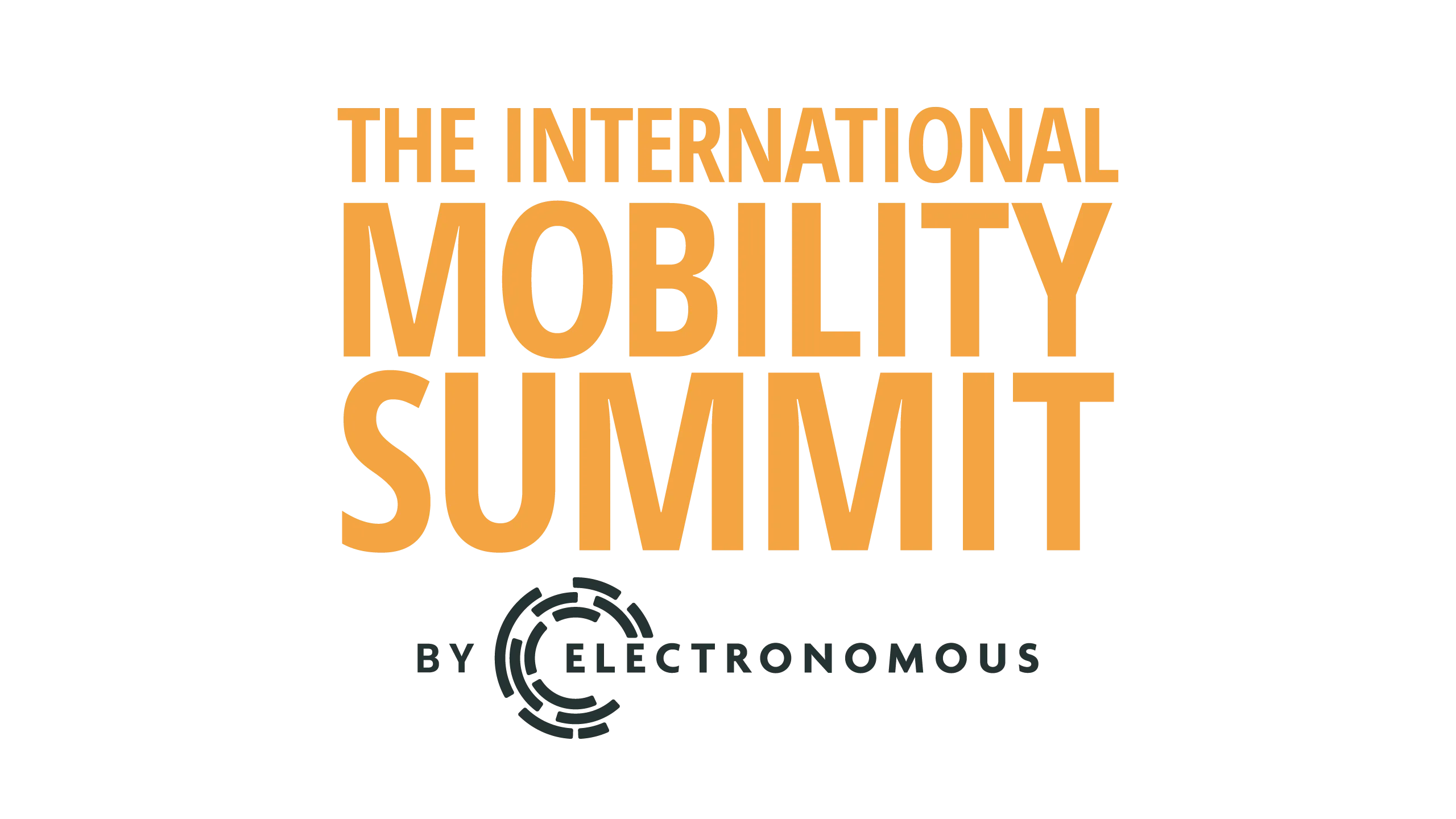Offering services that facilitate an integrated door-to-door business travel management solution is one of the main focus areas for growth and investment in 2015 in the automotive industry, according to Frost & Sullivan. With the business travel market worth US$1.3 trillion (GBTA), there is an increasing trend towards companies using online booking tools and cloud based services to plan, book, and expense/account business trips. Automotive market players are working to have their share of the future corpora
April 14, 2015
Read time: 3 mins
Offering services that facilitate an integrated door-to-door business travel management solution is one of the main focus areas for growth and investment in 2015 in the automotive industry, according to 2097 Frost & Sullivan. With the business travel market worth US$1.3 trillion (GBTA), there is an increasing trend towards companies using online booking tools and cloud based services to plan, book, and expense/account business trips. Automotive market players are working to have their share of the future corporate mobility market by creating new mobility business models, some by rebranding as business mobility providers.
“There are several mobility providers making a shift, such as1731 BMW Alphabet or 5814 LeasePlan, having previously been traditional leasing companies, now targeting customers with more flexible solutions, offering corporate car-sharing or a mobility mix of services,” says partner and Global Practice director Automotive & Transportation, Sarwant Singh. “The rising digital technology capability turns car companies into service providers and makes it crucial to develop pioneering business models to secure one’s share of the market.”
To present and discuss potential new mobility business models for the automotive as well as related industries, Frost & Sullivan has organised its annual industry event Intelligent Mobility: Business Models in Connected and Automated Mobility on 1 and 2 July at the House of Lords as well as the Royal Garden Hotel in London.
“According to a recent customer survey conducted by our research team, there is a revolutionary shift underway in the corporate mobility space, linking smart solutions from several adjacent industries, such as Fleet, Travel and Expense Management to the general mobility industry, which results in changing customer preferences towards new business models, such as car-sharing, ridesharing, and parking services,” further outlines Mr. Singh. “There is a high interest in deploying such solutions over the next two years. The number of companies entering the corporate cars-haring market increased from 13 in 2013 to 20 last year, with most car rental and leasing firms present, and the entry of vehicle manufacturers2125 Audi and 2069 Daimler.”
Besides focusing on the development of the corporate mobility market as well as future mobility business models and trends as well as new mobility business models, Intelligent Mobility will bring together industry experts on autonomous vehicles, connected cars, big data in automotive, cyber security as well as e-commerce platforms. The conference will be complemented by the Frost & Sullivan Intelligent Mobility Awards Banquet, a black tie evening and gala dinner.
“There are several mobility providers making a shift, such as
To present and discuss potential new mobility business models for the automotive as well as related industries, Frost & Sullivan has organised its annual industry event Intelligent Mobility: Business Models in Connected and Automated Mobility on 1 and 2 July at the House of Lords as well as the Royal Garden Hotel in London.
“According to a recent customer survey conducted by our research team, there is a revolutionary shift underway in the corporate mobility space, linking smart solutions from several adjacent industries, such as Fleet, Travel and Expense Management to the general mobility industry, which results in changing customer preferences towards new business models, such as car-sharing, ridesharing, and parking services,” further outlines Mr. Singh. “There is a high interest in deploying such solutions over the next two years. The number of companies entering the corporate cars-haring market increased from 13 in 2013 to 20 last year, with most car rental and leasing firms present, and the entry of vehicle manufacturers
Besides focusing on the development of the corporate mobility market as well as future mobility business models and trends as well as new mobility business models, Intelligent Mobility will bring together industry experts on autonomous vehicles, connected cars, big data in automotive, cyber security as well as e-commerce platforms. The conference will be complemented by the Frost & Sullivan Intelligent Mobility Awards Banquet, a black tie evening and gala dinner.








